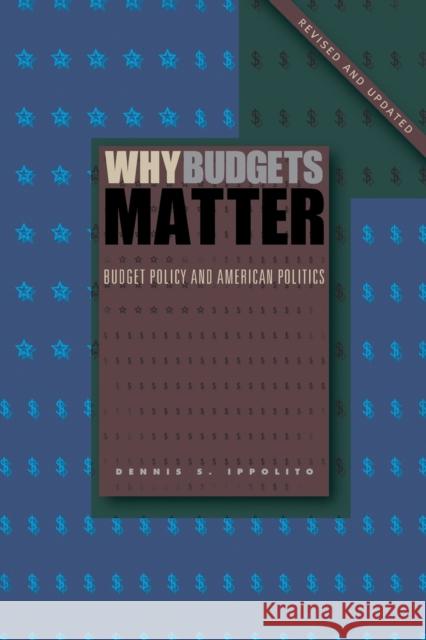Why Budgets Matter: Budget Policy and American Politics; Revised and Updated Edition » książka
Why Budgets Matter: Budget Policy and American Politics; Revised and Updated Edition
ISBN-13: 9780271071138 / Angielski / Miękka / 2015 / 368 str.
When the first edition of Why Budgets Matter was published in 2003, the federal budget had fallen back into deficit. At the time, fairly modest changes in taxes and spending would have ensured that deficits and debt would remain at tolerable levels. Instead, the disconnect between taxes and spending that had plagued the United States since the 1960s grew even greater. A near-catastrophic economic collapse beginning in December 2007 then magnified the fiscal consequences of irresponsible policy choices. This new edition examines how and why the balanced-budget equilibrium of the 1990s was destabilized in the 2000s. It also places this latest partisan battle over the size of government in historical perspective by exploring its connection to earlier budget policy eras.
When the first edition of Why Budgets Matter was published in 2003, the federal budget had fallen back into deficit. At the time, fairly modest changes in taxes and spending would have ensured that deficits and debt would remain at tolerable levels. Instead, the disconnect between taxes and spending that had plagued the United States since the 1960s grew even greater. A near-catastrophic economic collapse beginning in December 2007 then magnified the fiscal consequences of irresponsible policy choices. This new edition examines how and why the balanced-budget equilibrium of the 1990s was destabilized in the 2000s. It also places this latest partisan battle over the size of government in historical perspective by exploring its connection to earlier budget policy eras.











